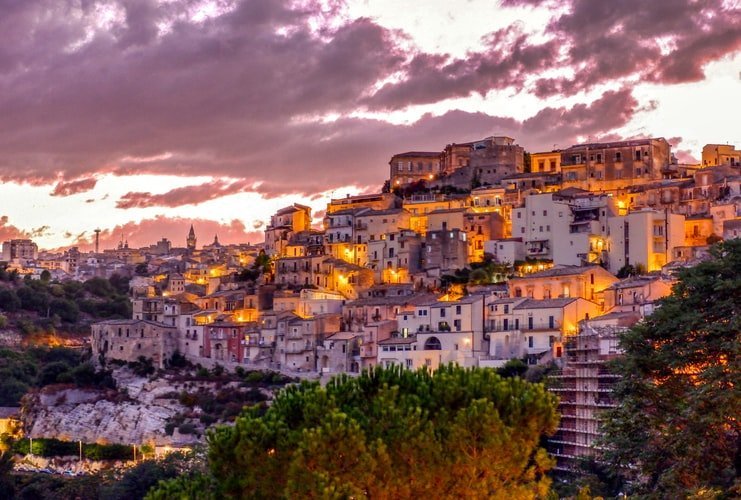Our country-by-country guide to 5 Muslim Destinations to discover the heart and soul of Ramadan traditions
We have said it a thousands times: traveling is way more than visit a place you don’t live in. It’s about taking facing on the unknown, trying new things and marveling at the many divergences that make every city so perfectly unique: different cultures, religions, languages, lifestyles, mindsets. No trip is truly an unforgettable one if you haven’t tried that weird looking dish, struggle to communicate with a local seller, endure the metro bustling or crash that private party in the coolest club in town. So, really, what better time to visit a Muslim country than the only month of the year which truly showcase the deepest soul of its lifestyle?
We’re talking about Ramadan, the Holy Month in which Muslims all around the world come together under Allah worshipping. Ramadan goes way beyond religion; it thoroughly affects Muslims’ daily life, from working schedule to eating habits, remarkable changing the overall vibe and atmosphere of every city, touristic offer included.
Therefore, while traveling to a Muslim country during Ramadan will allow you to experience first-hand an entirely brand-new and authentic side of its culture and traditions, there a few things you need to know before you decide to pack your bags.
But before jumping right into the travel logicist of it all, let’s rewind a little bit and try to gain better insights on what celebrating Ramadan truly means.
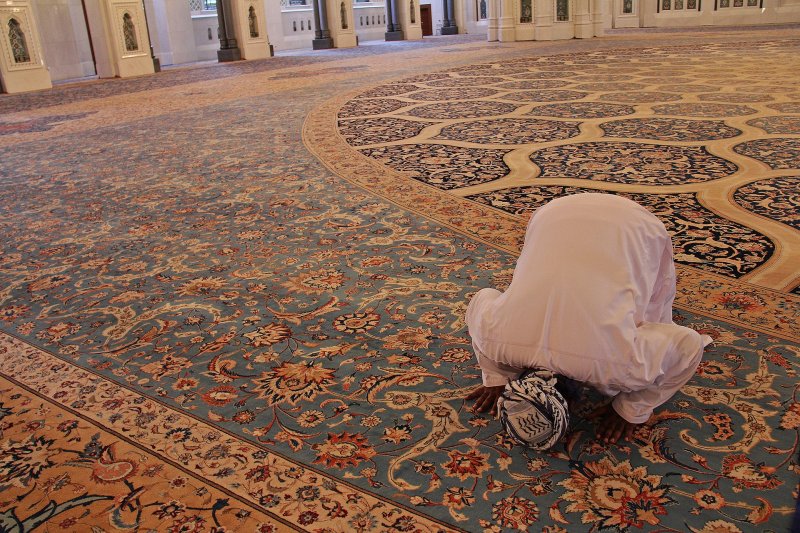
Back to basics: what is Ramadan exactly?
In short, Ramadan is the most sacred month of the year for the entire Muslim community. It is believed that it was in this time that Allah first revealed to Mohammed the first verses of the Quran, Islam’s sacred text, in what has become known as “Laylat al-Qadr”, the Night of Power. It’s a time of introspection and deep prayer, of spiritual strengthening and self-discipline in the name of God, when Muslims are asked to remember the true meaning behind the Holy Quran’s teachings and to account for and atone their sins and flaws in light of the Islamic guidance.
However, in the Western culture Ramadan is mostly known as the month of fasting and it’s not difficult to understand why. In a modern society where every physical need is instantly fulfilled, the idea that someone would voluntary deprive himself of food and drinks for most of the day sounds pretty bizarre.
During Ramadan, Muslims abide by very strict rules of abstinence, fasting included: they can’t eat, drink any liquids (even water), smoke, chew gum or engage in any sexual activity (kissing counts too!) from dawn to sunset. A pretty demanding conduct, which results in odd (and not so healthy) eating schedules: a quite filling breakfast before dawn which has to last until dawn, when the evening call to prayer allows for a light snack then followed by a very generous dinner with family and friends. In this sense, Ramadan could easily be considered a longer version of our Christmas, when celebrating a religious occasion goes hand in hand with enjoying good food and spending time with your loved ones.

All Muslims are required to take part in the Ramadan, however there are understable exceptions: young children, the elderly, the sick, the ones travelling and pregnant, nursing or menstruating women are excluded from fasting and usually asked to make up for the lost days later in the same year.
When does Ramadan start (and end)?
Well, that’s a tricky question indeed! Surprisingly enough, Ramadan beginning and end change slightly every passing year. That’s because Muslims adopted a lunar calendar, which is 11 days shorter than the regular Gregorian one we’re used to. Therefore Ramadan, which is the ninth month of the Islamic calendar, starts 11 days earlier every single year, eventually recurring in all four seasons!
The most exciting moment of the entire month is the three-day celebration that bids farewell to Ramadan and its cycle of sacrifice, appropriately named the Festival of the Breaking of the Fast. Just think about all the food that is gonna be consumed after twenty-six days of crushing hunger!
Why do Muslim fast during Ramadan?
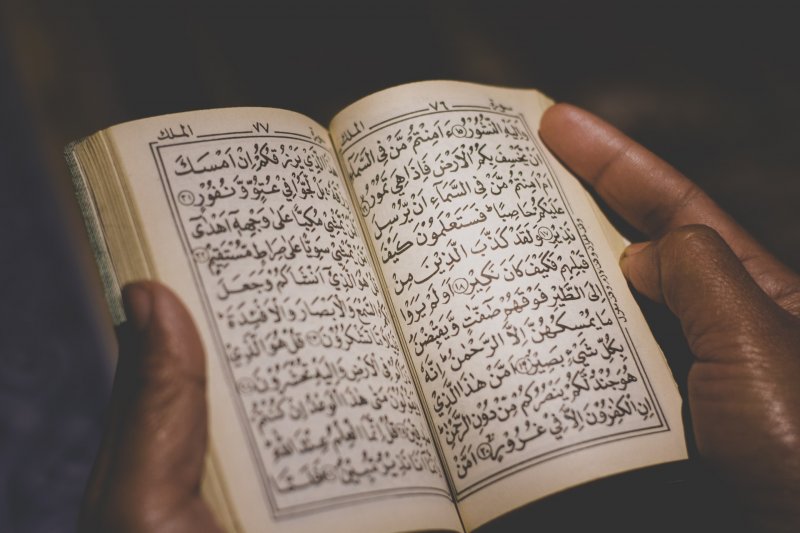
What are consequences of Ramadan for tourists?
If you’re travelling to a Muslim country during this one-of-a-kind month, you’re up to a very peculiar experience for sure. Unlike what people think, Ramadan is not a public holiday: Muslims still go to work or to school every day and they go about their day as nothing is out of the ordinary (however businesses could close earlier than usual). That being said, it’s also true that tourists may need to adapt to Ramadan’s lifestyle to different degrees depending on the country they’re visiting. In same city it’s a crime to eat and drink in public, in other you can easily enjoy your sandwich out in the open.
So if you’re planning on traveling to a Muslim city during Ramadan, here’s our 5 country guide with all you need to know to enjoy this precious time abroad without any worries!
1. Istanbul, Turkey
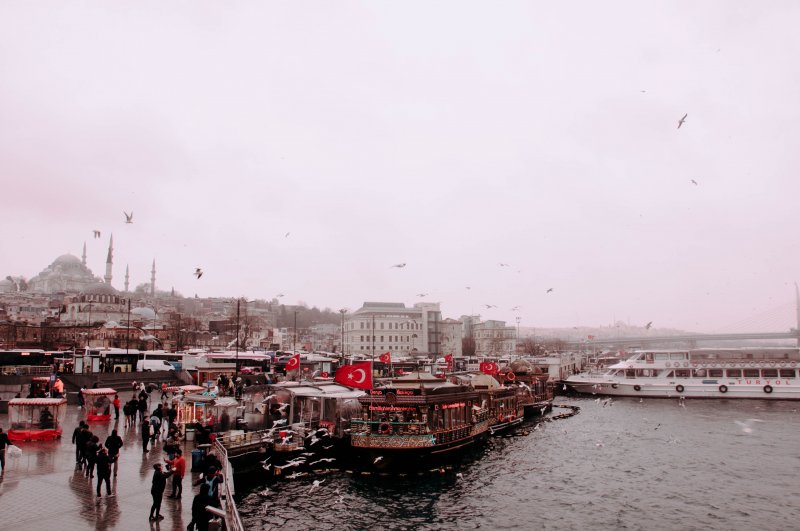
Offering one of the world's most iconic examples of historic Islamic architecture, Istanbul is for sure a top-rated choice if you want to experience what Ramadan truly feels like. Tourists don’t need to observe the fasting and can eat and drink in public. However, we highly suggest you refrain as much as possible anyway; consuming your lunch inside a bar instead of seated on a bench will probably won’t make the difference to you, but it will surely be seen as an act of respect and politeness by the locals. Try to enjoy the quieter pace as long as you can because at sunset the city comes alive all at once, with thousands of locals pouring into the streets and delicious fragrances filling the air. If you find yourself near the Blue Mosque right before sunset you’ll be able to hear the call for prayer echoing through the city; if you truly want to get a taste of Ramadan’s traditions, spending the evening praying in the mosque with the local people will surely become a travel memory for the ages! For a “softer” experience you can always tag along on one of the many public readings of the Quran.
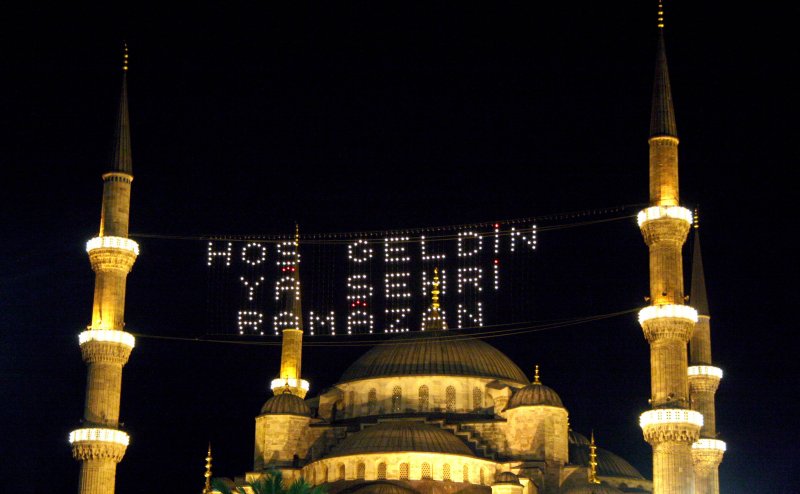
Later into the evening you’ll find all public spaces near the Blue Mosque filled with vendors selling the best of Turkish cuisine under the twinkling lights of “mahyas”, the neon writings held between the city minarets that light up Istanbul’s sk. Under many “Iftar” tents free meals are handed over to locals and tourists alike, a delicious fix menu to enjoy among friends, whether you fasted or not. Halva, an old receipt for one of Turkey’s most iconic dessert, Kanlıca yoghurt and many more water-mouthering dishes are showcased along with stalls full of traditional Turkish handicrafts, accessories and souvenirs. Ramadan Pita is another turkish delight you can’t miss: a teastfull type of bread baked in the best shops of the city just during the Holy Month.
At night you can then enjoy one of the many events organized by the Istanbul Metropolitan Municipality such as poetry recitals, Turkish Theater Karagöz, musical puppets, pantomime and shows with acrobats and illusionists, live concerts and folklore dances.
>>> Where to stay in Istanbul: Located in the lively Besiktas neighborhood, The Hub Hostel and Café is the perfect mix of edgy design and Turkish traditions to let yourself enjoy a good night of sleep in typical Istanbul style!
2. Marrakech, Morocco

Thanks to its peculiar exotic scenery and low cost accomodation, Marrakesh is often listed as top destination by many backpackers looking for new adventures outside the box. During Ramadan, Marrakech will be a little quieter and the shops less crowded. It could be the perfect time to pay a visit to Jemma el-Fnaa Square, the UNESCO heritage site which is usually impossibly packed with people. From here you can venture into Marrakech’s Souk, the biggest local market of the entire country which, even during the Ramadan, is bursting with every type of colourful merchandise under the sun. Seeing that the city doesn’t force the tourists to fast, you can even take advantage of plenty of food sold in every corner of the streets, including Ramadan specialities. Just remember that if you’re up for a cold beer to cool down in the city heat, you will probably have to go from bar to bar seeing that sale of alcohol is pretty much forbidden during the entire month.
One last thing: if you suddenly hear the blast of a cannon don’t worry, it marks the breaking of the fast and the start of the evening festivities. Just enjoy the overall lively atmosphere among good food and live music, and if you’re so lucky to be invited for Iftar by a local family, don’t even dream of saying no: you’re up for a one unforgettable meal!
>>> Where to stay in Marrakech: you realky need to check out Hostel Riad Marrakech Rouge: not only it's few minutes away from the main square, but you wouldn't believe the decors and forniture of this hostel... it isn't called "Rouge" for nothing! The perfect fit for who's looking for that "backpacking" feeling of community.
3. Sarajevo, Bosnia-Herzegovina

Sarajevo is truly the less Muslim destination among our list. Here Ramadan, Easter and Christmas all blend together in a cosmopolitan melting pot of cultures, open to every religion and respectful of each individuality: a truly Western Muslim city. Muslims are approximately half of the population, known as “Bosnian Bosniaks”, living side by side with Eastern Orthodox Christians and Catholics. It’s not a surprise then that the city lives Ramadan in a much more relax way: all shops and restaurants are open during the day, the Old Quarter is in full activity and after the evening prayers all the cafes and restaurants near the Baščaršija Mosque are packed with tourists and locals enjoying burek and somun bread. It goes without saying then that fasting is not required to anyone outside the Muslim community.
>>> Where to stay in Sarajevo: The Hostel Franz Ferdinand is the only Botique Hostel in the city and it's not difficult to see why! Located in an historical Austro-Hungarian building, it boasts incredible rooms (both dorms and private ones) with wooden details and creamy colours... a true sight for sore eyes!
4. Shiraz, Iran

Former capital of Iran, one of the most beautiful and historical places in the world, Shiraz should be one of your Muslim destination even only to get a chance to visit Nasir Al-Mulk Mosque (also known as the Pink Mosque) which is just visually stunning, especially during the fasting month! Once again, tourists do not need to fast along with the locals; however, eating, drinking or smoking in public is not well seen and tourist are usually asked to stay in while consuming their meal. But don’t worry, you’ll have plenty of time for mengling out in the open with locals: pretty much nobody does post-fasting street food better than Iran! Food stalls pop up everywhere in the city, offering sweet treats as bamieh (made from sugar and starch-based dough), fried samosas, spiced snacks and tasty cool summer drinks like sharbat. A dinner well worth the wait indeed!
>>> Where to stay in Shiraz: It's not the Nasir Al-Mulk Mosque but Taha Historical Hostel surely knows how to keep up with the city's beuty standards! We just love how the high windows in the dorms recall the coloured ones of the Mosque... just brillant!
5. Dubai, UAE

It may come as a surprise, but UAE is hands down one of the best places to savour a near-perfect Ramadan experience. Yes, it’s one of the few Muslim country where tourists are asked to abide by Ramadan’s rules: even chewing gum in the streets may cost you a very hefty fine. To make sure fasting under Dubai’s sun doesn’t cause any damage to your health, get your fill of liquids and fuel up with food before you leave the hotel or hostel you’re staying in. Don’t worry though: even during the day you can find some non-Muslims restaurants tucked in the corner serving snacks and drinks to hungry and thirsty tourists. Once on the road, stay away from any kind of physical touch with your partner and keep that cigarette for later; once the sun goes down, the city won’t ever be the same.
You will find Bedouin-style tents serving Middle Eastern specialties accompanied by shisha and belly dancing to break the fast in style. The city comes alive with hordes of spiritual, cultural and social activities, including summer camps, exotic night markets, and Ramadan Majlis that give visitors a chance to sample some of the finest Arabic cuisine. And to tap it all off, what better way to enjoy the city’s touristic highlights than avoiding infinite queues under the sun?
>>> Where to stay in Dubai: Talking about Burj Khalifa, what if I told you it's possible to admire it right from your room window? Dubai Creek Backpackers Youth Hostel's rooms have a sea view to die for to enjoy from the large balcony... worth a try for sure!
Let's then all agree that visiting a Muslim country during Ramadan has definitely its ups and downs, but the perks widly exceed the disadvantages. There's nothing more stimulating than dive into a reality words away from ours that, instead, is usually far more close to home than what we thought. But let's hear it from you: have you ever experience Ramadan and if so, where? Or even better, are you actually part of the Muslim community and would like to give your contribution to our article? We would love to hear from you!
If instead you would like to know a little more about Istanbul, here's our exclusive list of 10 things to do in the city. Turkey is not your thing? Then maybe you would like to discover how to visit Marrakech with an incredibile low cost budget!
